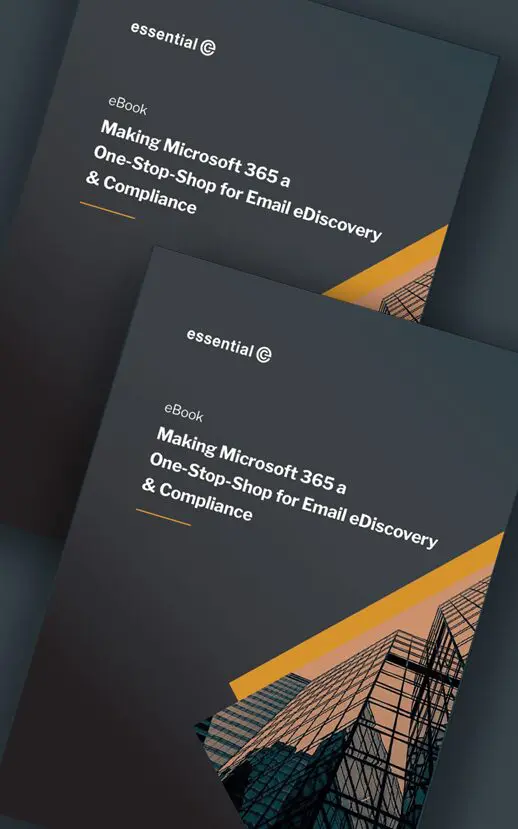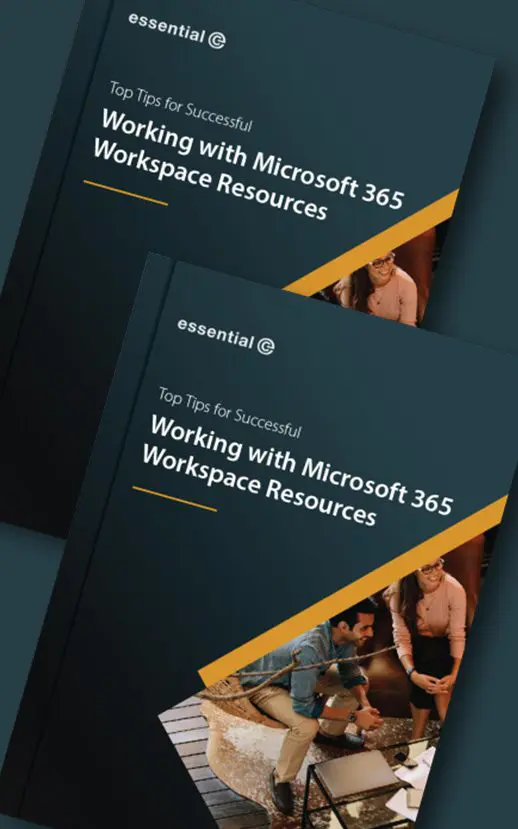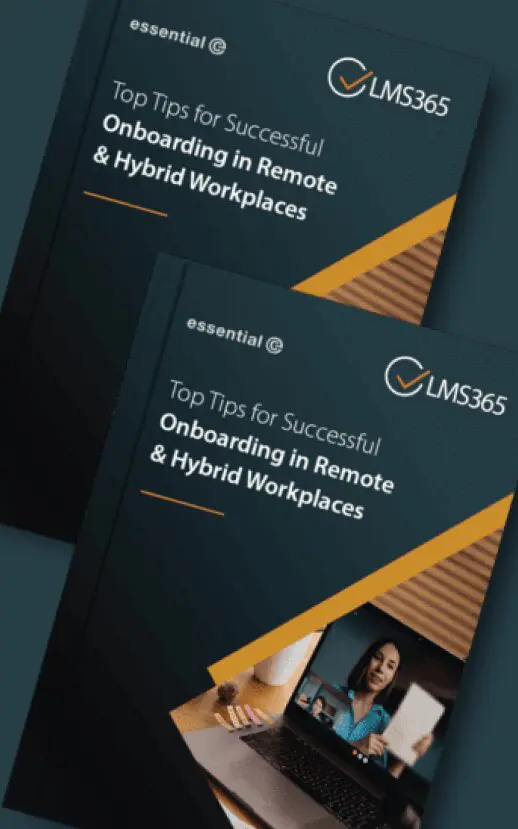Email Archive MigrationJournaling
Leading EU Bank migrates AXS-One for Notes to EV for Exchange
Large financial institution migrates 20TB from AXS-One for IBM Lotus Notes to Veritas Enterprise Vault for Microsoft Exchange
In a move that had to ‘tick the boxes’ of both its staff and its legal department, this leading financial institution had over 20TB of email records to move into a new archive platform.
It’s not surprising – especially given the length of time they are in use – that email archives can develop a few glitches: Buggy software updates, corruptions in storage devices and databases, badly executed backups and restores. All of these scenarios and more can lead to emails that get ‘broken’. Many times such emails go unnoticed, as they simply fail to show up in the results of a search.
One time when corrupted emails do get discovered is at the point of being migrated to another email storage platform. If the correct checks are carried out during the migration process, the viability of each email can be assessed and any failures logged.
MEETING STRINGENT REGULATION NEEDS AT REST AND IN FLIGHT
Email archiving was originally implemented to enable the bank to respond to requests from regulators and meet the various other compliance requirements that apply to email correspondence. Failure to comply with the stringent information governance regulations in the finance and banking sectors risks large fines, penalties and sanctions.
The bank was therefore diligent in ensuring its data would remain fully intact, and fully discoverable during its planned switch from IBM Lotus Notes to Microsoft Exchange. In addition to migrating its live email servers, the move would involve the wholesale move and conversion of its legacy email archive, which was also in Lotus Notes format.
According to David Kellett, Technical Director at Essential,
“Operating in the financial sector meant the legal team was engaged from the outset in the migration process. Their remit was to ensure every item was accounted for and readily available in response to any future eDiscovery need.”
Given the customer’s line of business it In our line of business it was essential that we protected the integrity of our records. This demands we have robust procedures for investigating and accounting for any items that fail to convert as it gets migrated to a new system.”
FIX IT IF IT’S BROKEN
Where many migration approaches simply focus on moving emails as quickly as possible, moving them is pointless if the content of these emails is not going to be discoverable ‘post migration’.
In addition to detailed auditing and the use of high-speed banking-style transactions that ensure tamper-proof and fail-safe moves from source to destination, Essential’s migration service features other vital safeguards. These include a number of in-built integrity checks that detect and flag corrupted emails, along with tools that aid in the analysis and trouble-shooting of any emails that fail to migrate.
There’s also a remediation service which offers investigation and a best endeavours solution to site-specific anomalies.
In the course of the bank’s migration project a small set of corrupted emails were uncovered and the remediation service was put to the test.
Explained Kellett,
“We discovered that some emails only had the ‘shell’ intact. The actual body of the email and any attachments were missing and nowhere to be found. The customer’s legal team requested for all the retrievable header data (i.e. Subject, To, From, Date) to be preserved and migrated along with explanatory text into the email body to explain to a future eDiscovery operator that the original message was broken prior to the migration. We were able to meet this request.”
EMAIL FORMAT CONVERSION
Another major challenge was the fact that the organisation had recently migrated from using IBM Lotus Notes as its primary email platform across to Microsoft Exchange. To ensure the emails would be easily opened and readable in the new environment – both by end users and the eDiscovery process – the migration process also needed to convert emails from Lotus Notes to Exchange format.
Notes to Exchange conversion was part of the migration service service. Benchmark testing showed superior conversion performance and fidelity, which includes the ability to preserve embedded items and complex HTML to ensure discoverability.
A PEOPLE-CENTRIC MOVE
Another key factor in ensuring staff at the bank could access their email archives was accurate and non-invasive conversion of old shortcuts (that linked to the AXS-One archive) into new shortcuts to the corresponding items moved into Enterprise Vault.
“Although compliance was a major factor in this migration, the bank was keen to ensure its staff were as insulated as possible from the move. Failure to do so could mean many lost hours trying to find business correspondence. There was a lot that needed to happen behind the scenes, but I’m pleased to report we were able to migrate emails and convert shortcuts with zero user downtime”,
concluded Kellett.
Powerful & Fast Email Archive Migration
Want to migrate your archives, public folders or journals to Office 365 or elsewhere?


















